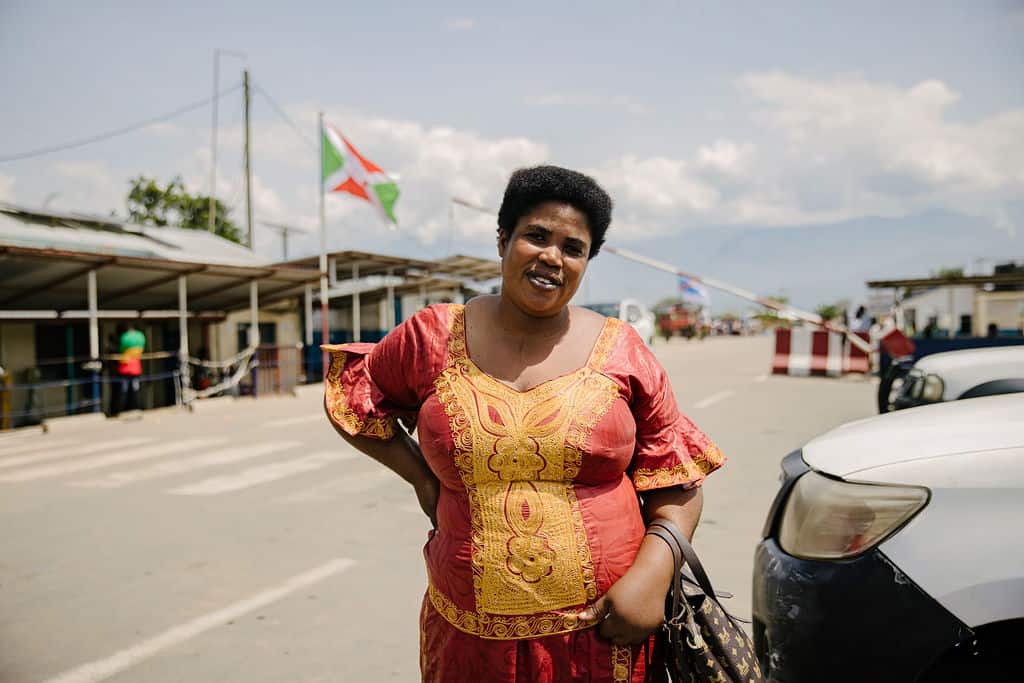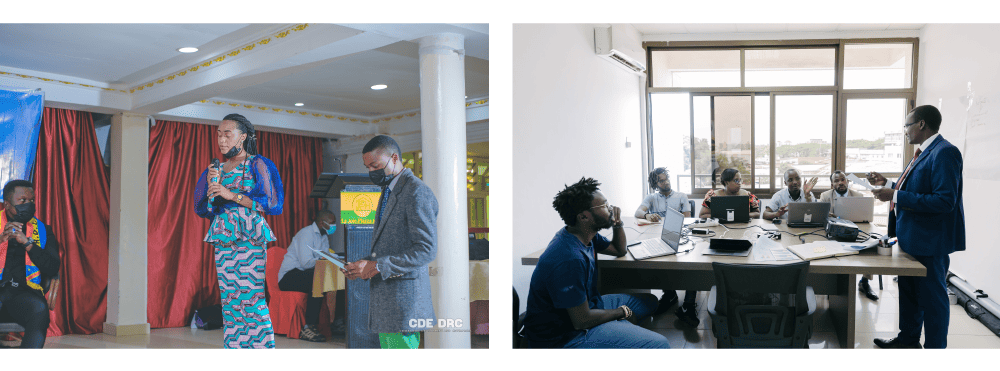
Women in the Workforce: Atlas Network and eradicating barriers for women
March 10, 2023
Atlas Network partners from Burundi’s Centre for Development and Enterprises (CDE) Great Lakes worked with the Burundian government to utilize research, media coverage, strategic partnerships, and grassroots efforts to affect important policy reforms:
- Reform of the land code which guarantees the access of wives to land titles.
- Reform of the personal and family code which recognizes the existence of women in the management of land in Burundi. Before, women did not have the right to manage income from the land. Now, they can cultivate their property and enjoy the fruits of their labor through renting or selling land.
- Reform of the bureaucracy and barriers surrounding cross border commerce, allowing traders—many of whom are women—to conduct their business free of stifling regulations or the fear of harassment, extortion, and sexual assault.
A new Atlas Network film, released in November 2022, tells the compelling story of Nasra, one of thousands of Burundian women supporting her family through cross border training. “An Open Road for Women Entrepreneurs in Burundi” shows that trading goods across the country’s borders was fraught with risk, particularly for women and girls who faced victimization at any of the 19 checkpoints on the Burundian side of the border. CDE Great Lakes’ successful reform efforts protect traders and increase the economic rights of women entrepreneurs by replacing barriers with an open road to opportunity.
Although India has made progress over the years concerning sex-based discrimination, many rules across Indian states enforce a legal framework that prevents women from having equal opportunity within the workforce. Trayas Foundation is a women-founded organization based in New Delhi centered on advancing the freedom of women in India. They reported a number of policy wins in Punjab, India for businesses and are also actively working with the state to reform labor rules to remove instances of legally sanctioned discrimination against women, including:
- Removing legal employment prohibitions of non-pregnant women in 13 factory processes to allow women the choice of work deemed “hazardous”.
- Reducing the number of conditions on employment of women on nightshifts – the government of Punjab imposed 25 conditions on employment of women that included providing a separate canteen facility for women, required a third of supervisors to be women, and a batch of at least 10 women employed on the night shift. These 25 conditions were replaced with 8 conditions to make it easier for women to choose working at night.
- Removing the power of a labor inspector to restrict or prohibit employment of women – the government accepted their recommendation to remove the provision that granted discretionary powers to the chief inspector under Part IX of Schedule XI to “restrict or prohibit the employment of women and adolescents” on considerations of “health and safety of women”.
Trayas Foundation hopes to replicate this success in other states in India, which still have similar discriminatory policies in place.
Finally, the Centre for Development and Enterprises – Democratic Republic of the Congo was able to successfully eliminate 14 taxes on trade that disproportionately harmed women entrepreneurs who constitute an important labor force in the country and take substantial personal risk by choosing to work outside of the home.
We are incredibly proud to support the efforts of Atlas Network to encourage and facilitate projects that work to protect and improve women’s rights, oftentimes in regions where women lack equal access to property, economic, and civil rights.
